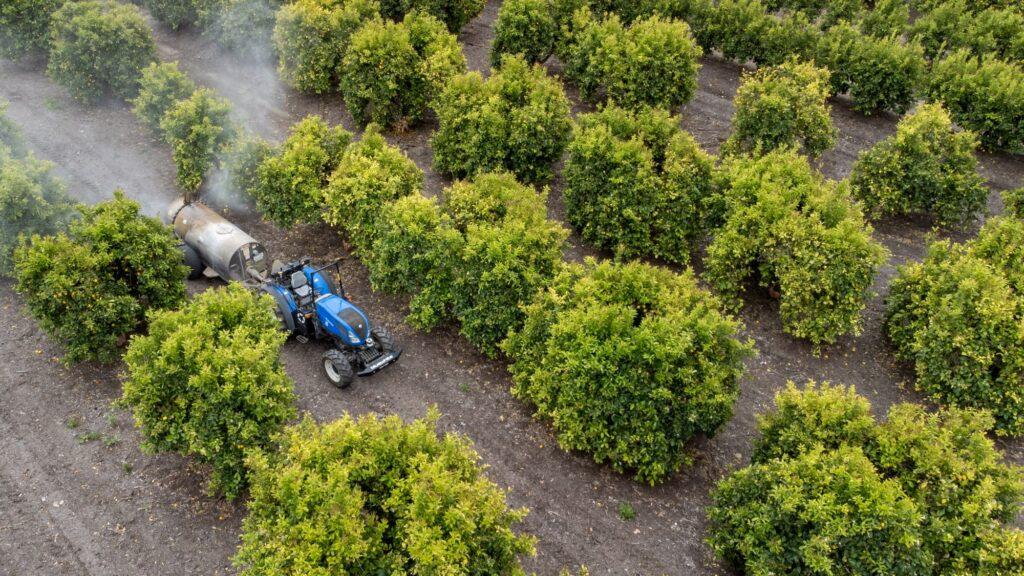In the vast, undulating fields where tradition meets technology, a quiet revolution is taking root. Israeli innovators are reshaping agriculture’s future, transforming humble tractors into intelligent, autonomous machines capable of navigating complex terrains with precision and purpose. This technological metamorphosis isn’t just about mechanization—it’s a strategic response to global food security challenges, promising to enhance crop yields and reduce human labor in an increasingly resource-strained world. As silicon meets soil, these self-driving tractors represent more than mechanical advancement; they embody a sophisticated dance of engineering, agriculture, and human ingenuity. Agricultural innovation is transforming traditional farming practices through cutting-edge autonomous technology. Israeli engineers are developing sophisticated self-driving tractor systems that promise to revolutionize crop management and agricultural productivity worldwide.
Advanced sensor technologies and artificial intelligence algorithms enable these autonomous machines to navigate complex agricultural terrains with remarkable precision. Sophisticated GPS mapping and real-time terrain analysis allow tractors to operate independently, reducing human labor and increasing operational efficiency.
The technological breakthrough involves intricate software systems that can detect obstacles, calculate optimal routes, and perform precise agricultural tasks like plowing, seeding, and harvesting. Machine learning algorithms continuously improve the tractors’ performance by analyzing environmental conditions and adapting to different field landscapes.
By integrating advanced robotics with agricultural practices, farmers can significantly reduce operational costs and minimize human error. These self-driving tractors can work continuously without fatigue, covering larger areas more efficiently than traditional manual methods.
Semiconductor and computer vision technologies play a crucial role in converting standard tractors into intelligent autonomous vehicles. Specialized hardware and software modifications enable these machines to interpret complex agricultural environments with unprecedented accuracy.
Environmental sustainability is another significant benefit of this technological innovation. Autonomous tractors can optimize fuel consumption, reduce carbon emissions, and implement precision agriculture techniques that minimize resource waste.
The development represents a critical solution to global food security challenges. By increasing agricultural productivity and reducing human labor requirements, these autonomous systems can help address growing food demand in an increasingly population-dense world.
Manufacturing costs and technological complexity remain current challenges in widespread implementation. However, continuous research and development are progressively making these systems more accessible and economically viable for farmers globally.
Initial pilot programs demonstrate promising results across various agricultural contexts, from small family farms to large commercial agricultural operations. The technology’s adaptability allows customization for different crop types and geographical terrains.
International agricultural technology companies and research institutions are closely monitoring these developments, recognizing the transformative potential of autonomous farming technologies. Collaborative efforts between engineers, agronomists, and technology experts are accelerating innovation in this emerging field.
Investment in autonomous agricultural technologies represents a strategic approach to addressing future food production challenges. By combining sophisticated robotics, artificial intelligence, and agricultural expertise, these self-driving tractors are poised to reshape modern farming practices and contribute to global food sustainability.
